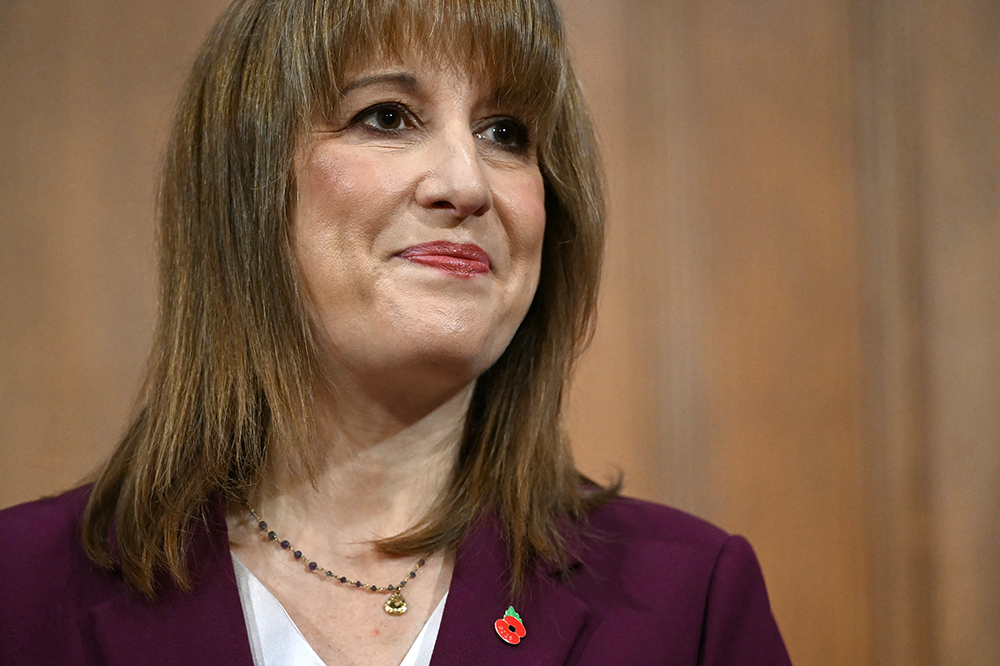The good news for the French police is that three of the four people suspected of carrying off the ‘heist of the century’ at the Louvre last month are in custody. The bad news is that the crown jewels they stole, worth an estimated €88 million (£76 million), have yet to be recovered.
Given the audacity of the robbery, committed on a Sunday morning as the museum opened its doors to the public, it was assumed by many that the theft was the work of seasoned professionals. The profile of those arrested paints a different picture: they are petty criminals, hailing from Seine-Saint-Denis, the impoverished department north of Paris. The DNA they left at the scene of the crime enabled police to put names to prints very quickly. One was arrested as he waited to board a flight to Algeria and another was preparing to flee to Mali.
What’s true of the Louvre is true of many other museums in France
The worry for the authorities is that the fourth man has left the country and taken the loot with him. ‘We are examining all the possibilities on the parallel market for selling this jewellery, which I hope will not happen any time soon,’ said Laure Beccuau, the Paris prosecutor leading the investigation. ‘It could be used for money laundering, it could be used for trade; all leads are being explored.’
In the hours and days after the heist, politicians on the right described the theft as a ‘national humiliation’ and pointed the finger at the museum’s management. Marion Marechal, the niece of Marine Le Pen, suggested that the ‘feminisation’ of French society was to blame; by that she meant DEI, and the fact that the director of the museum and the head of security were women.
The pair’s competency was called into question at the weekend when Rachida Dati, the Minister for Culture, said there had been a ‘chronic underestimation’ of the risks of theft within the Louvre. These included ‘under-equipped security systems’ and ‘completely obsolete’ response protocols.
What’s true of the Louvre is true of many other museums in France. In 2024, there were 21 thefts from French museums, ten fewer than the record 31 robberies in 2015.
A month before the Louvre heist there was a similarly daring theft at the Museum of Natural History in Paris. A small figure dressed in black displayed the agility of what one police officer described as a ‘circus performer’ to squeeze through a small hole cut with an angle grinder in the museum doors. Six gold nuggets worth €1.5 million (£1.3 million) were stolen from a display case. Last month a 24-year-old Chinese woman was arrested in Spain in connection with the theft.
The director of the Louvre, Laurence des Cars, has defended herself against accusations of complacency and incompetence. In front of a Senate hearing in the days after the robbery, des Cars reminded her inquisitors that:
Since taking office in September 2021, I have continually drawn the attention of our supervisory authority, the national parliament, and the media to the state of deterioration and general obsolescence of the Louvre, its buildings, and its infrastructure.
One of des Cars’ warnings about the lack of investment in the Louvre at the start of this year prompted a visit from Emmanuel Macron. The President promised a ‘New Renaissance’ project that would make the museum fit for the 21st century.
There was another brazen robbery last week in France when a gang brandishing AK47s dynamited their way into a gold refinery and made off with €12 million (£10.5 million) in booty. They were soon arrested after a high-speed car chase. Also last week, thieves in Rouen drove a vehicle into a post office and stole the cash distributor, while in central Paris, villains broke into a branch of the Swarovski jewellery store and stole items worth €200,000 (£175,000).
These types of commercial robberies are on the rise, increasing 15 per cent in the last four years. A report in one Sunday newspaper said: ‘Bakeries, tobacconists, currency exchange offices – no business has been spared by the wave of robberies sweeping France.’
Most forms of crime have soared during the presidency of Emmanuel Macron. Earlier this year the Minister of Justice, Gérald Darmanin, admitted that ‘there are no longer any safe places,’ in the country, adding that ‘what strikes the French most is that [insecurity] has become widespread.’ It is one of the reasons why Macron’s approval rating hit a record low of 11 per cent last week; voters have had enough of the president who is soft on crime and soft on the causes of crime.








Comments